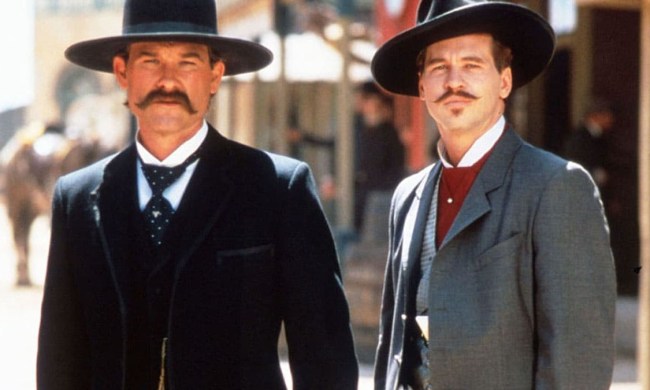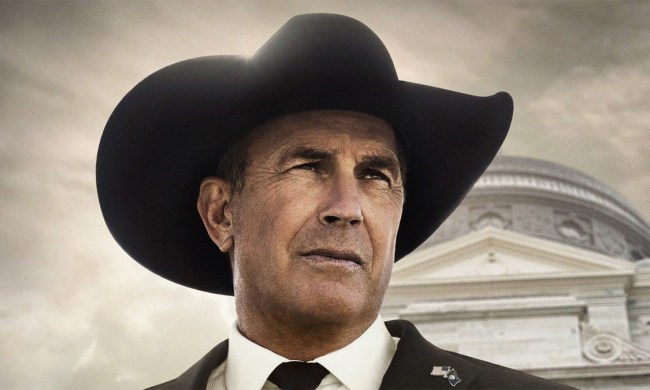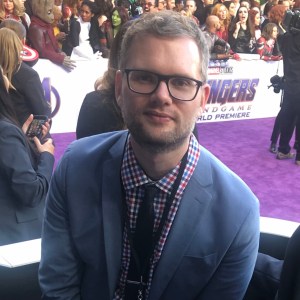- Home
- Entertainment
Entertainment
Movie reviews, TV Show recaps, previews, and news about all of the latest happenings in Entertainment, delivered with the tech-focused expertise you expect.
Explore More

The best shows on Amazon Prime Video right now (September 2024)










3 underrated (HBO) Max movies you should watch this weekend (August 30-September 1)

3 Hulu movies you need to stream this weekend (August 30-September 1)

3 underrated Netflix movies you should watch this weekend (August 30-September 1)

3 great free movies to stream this weekend (August 30-September 1)





5 great action movies to watch on Labor Day weekend

Best new movies to stream on Netflix, Hulu, Prime Video, Max (HBO), and more

5 best war movies to stream this Labor Day weekend

10 best TV shows to stream this Labor Day weekend

The best new shows to stream on Netflix, Hulu, Max (HBO), and more

5 best drama movies to stream this Labor Day Weekend

The 50 best shows on Netflix in August 2024

The 50 best movies on Netflix right now (August 2024)

10 great movies to stream on Labor Day weekend

The best movies on Amazon Prime Video (August 2024)

5 great comedy movies to stream this Labor Day weekend

5 best Amazon Prime Video movies to stream this Labor Day weekend

5 great sci-fi movies to stream this Labor Day weekend

5 best kids movies to stream this Labor Day weekend

The best shows on Hulu right now (September 2024)

The best shows on Peacock right now

Everything you need to know about Yellowstone season 5, part 2

Everything you need to know about Outer Banks season 4
Entertainment News

Entertainment Streaming Guides
Comic Book Movies

Sci-Fi

Jason is a writer, editor, and pop culture enthusiast whose love for cinema, television, and cheap comic books has led him to work in the entertainment industry. A proud graduate of both Whitman College (Adam West’s alma mater!) and Syracuse University, he has worked at Marvel Entertainment, DC Comics, Warner Bros., and Screen Rant. At Digital Trends, he covers all things film and television, from ranking Alfred Hitchcock’s best films to examining the everlasting neuroses of Larry David. When he’s not obsessing over the latest Marvel Studios trailer, you can find him either working or surfing the web looking for the perfect fudge brownie recipe.



































